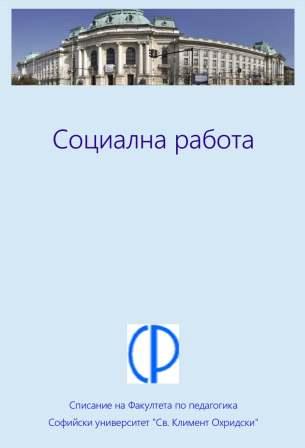
We kindly inform you that, as long as the subject affiliation of our 300.000+ articles is in progress, you might get unsufficient or no results on your third level or second level search. In this case, please broaden your search criteria.

Based on a doctorate conducted at the Politecnico di Milano and a decade of research, Oana Țiganea’s book addresses the most famed socialist heavy-industry site in Romania: Hunedoara. Written from a heritage perspective, it aims at providing an exhaustive historical research on the tangible legacy of steel industry in Hunedoara at all scales, from the physical transformations at geographic level to building details, together with an insight into the intangible heritage of the specific culture and the social reality this industry has created. The book combines the most in-depth historical analysis with the widest perspective. While the focus is set on socialist Hunedoara, this case is also widely contextualized, both temporally and spatially – addressed over a longer time frame and on a wider territory. Its evolution is followed from the beginnings of metallurgic industry on this site, before the modern Romanian state even existed, to its rise as the very epitome of heavy industrialization in socialist Romania, and eventually to its post-socialist fall into the partial ruination we see today. By also investigating the two other major steel sites of Reșița and Galați and highlighting the networking feature of steel production under socialism, the book eventually gives the most comprehensive picture of the evolution of the steel industry on Romanian territory.
More...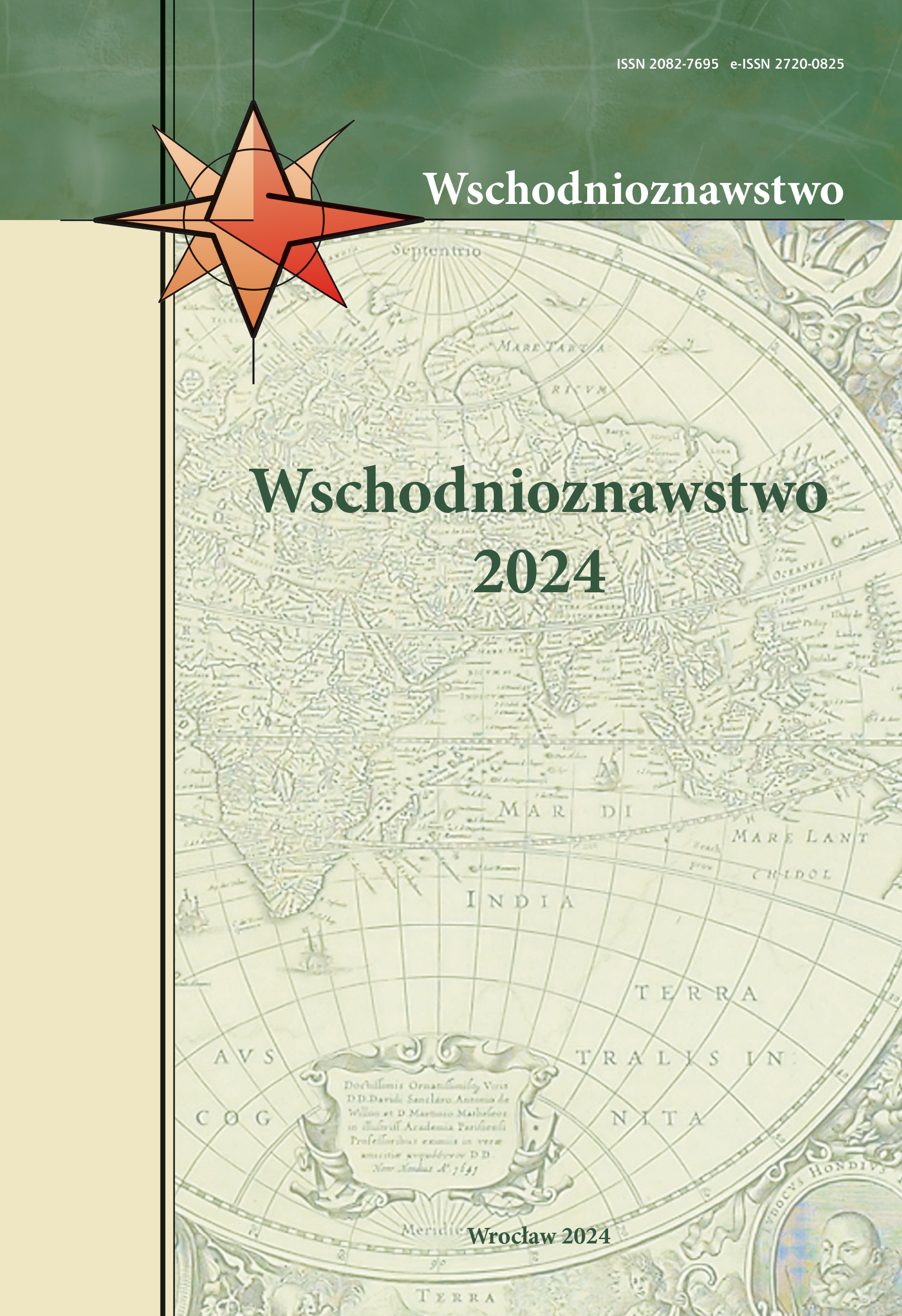
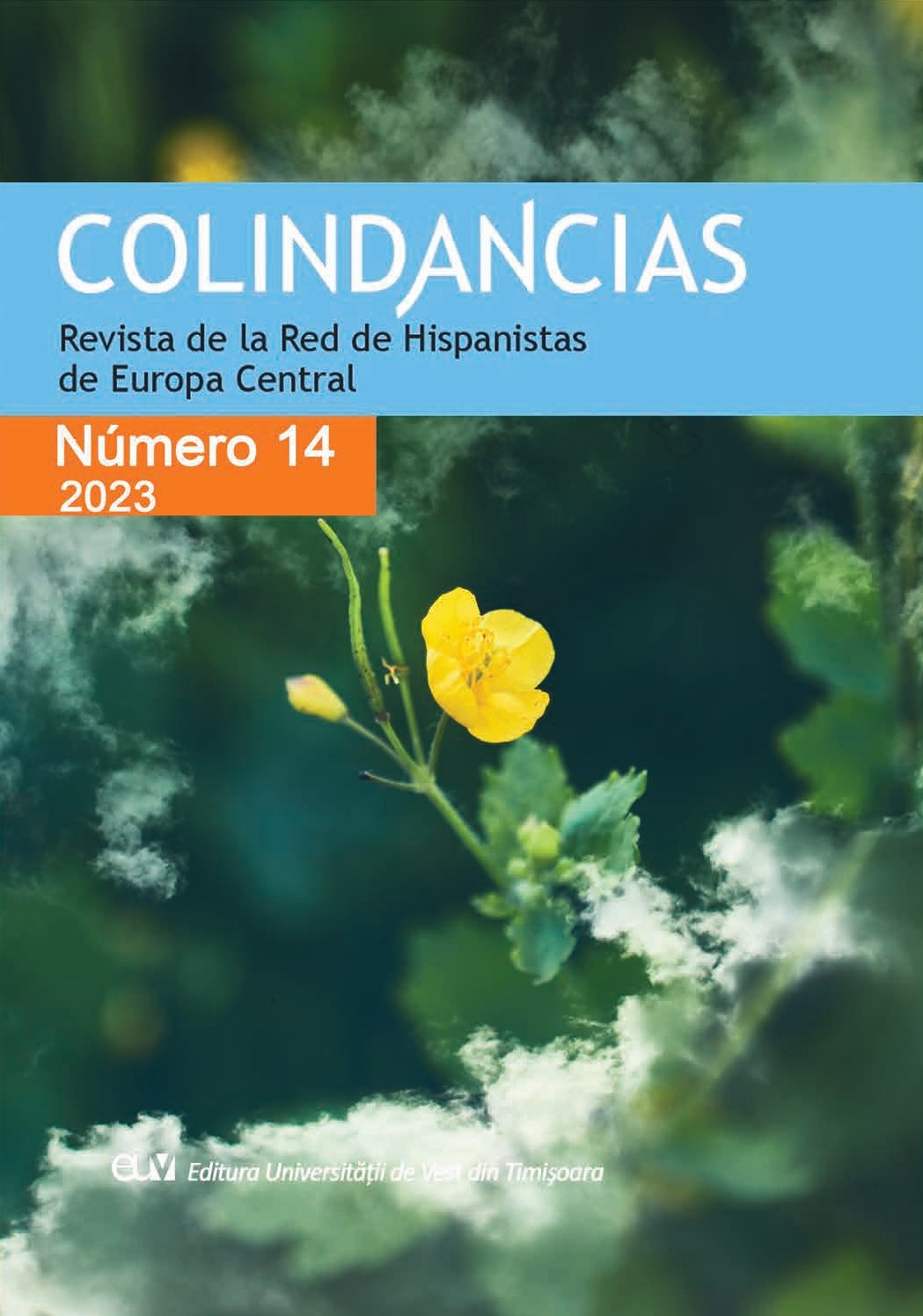
Last summer, after having written papers for two international conferences on the Latin American literary boom, a copy of Las cartas del Boom came into my hands. This volume collects "the correspondence between the four main novelists of the Latin American Boom: Julio Cortázar, Carlos Fuentes, Gabriel García Márquez, and Mario Vargas Llosa" (13). The fact carried a certain tragic irony that I had to accept with humor, as the book came to question or, in many cases, confirm hypotheses and assertions about the boom—in dialogue with the copious critical literature generated around it—but this time the confirmations would come directly from its most conspicuous protagonists. In this sense, Las cartas del Boom presented itself as a kind of chronicle of revelations foretold.
More...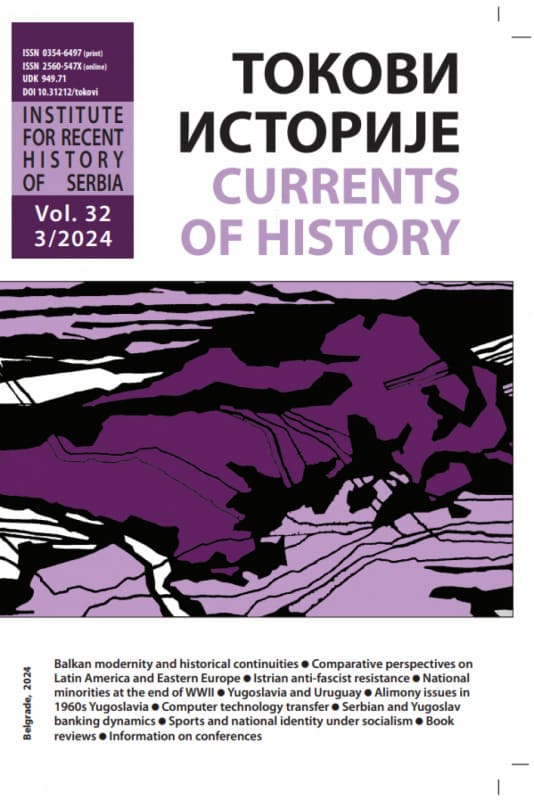
Review of: Annika Mombauer, The Causes of the First World War: The Long Blame Game. London and New York: Routledge, 2024.
More...
Review of: John Bolton, The Room Where It Happened. A White House Memoire. New York, London, Toronto, Sydney: Simon & Schuster, 2020.
More...
Review of: Трендови у савременој српској историографији, ур. Миле Бјелајац. Београд: Институт за новију историју Србије, 2023.
More...
Report of International Scholarly Conference “The History of Yugoslavia: Perspectives of Young Researchers from Post-Yugoslav Area”, Institute for Recent History of Serbia, Archives of Yugoslavia, Belgrade, 15–18 October 2024
More...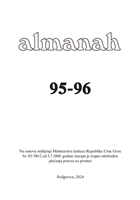
Poznavao sam Aliju Džogovića. Pjesnika. Dobrog pjesnika. Sretali smo se u Novom Pazaru. Pričao mi je o Izetu Sarajliću. O Izetovom bluzu. O tome, kako bi bilo dobro znati kuda će poslije nas naše duše. Pričao mi je o tome kako je Materidža njegova, Alijina, inspiracija. Kako je po kamenu Materidže ispisivao znakove. Linije i crte svjetlosti u tami, njenu bijelu put i njen mir u tišini kamena. Pričao mi je, tamo u Novom Pazaru, o Materidži, kao o Majci. Kao o Ocu. Kao o Kući. On, Pisar Knjige, Alija Džogović, je pričao, a ja sam ga slušao, ne prekidajući ga, iako sam znao za tu njegovu Materidžu. Sto puta sam tamo, na proplanku Materidže, igrao lopte. Odzvanjale su stijene unaokolo. Orlovi izlijetali iz kamenih pukotina i stapali se sa nebesima iznad proplanka. Pričao mi je Alija, tamo u Novom Pazaru, o Materidži, a ja pomislih da je jedan od onih veličanstvenih orlova, možda, on. Ali ne rekoh ništa. Jazuk je bilo prekidati Alijinu besjedu. Šteta je bilo kvariti njegov pitomi glas. Jer, kad bi počeo besjediti o Materidži, Laholu, Ocu, Majci i Kući, to je kao da slušaš pjesmu Crnaca na ražanim poljima u Nju Orleansu.
More...
Kao učenik čuvene Velike medrese u Skoplju, osnovane pod pokroviteljstvom kralja Aleksandra Karađorđevića, sa ciljem kvalitetnog obrazovanja bošnjačke omladine, bio je u prilici da, družeći se sa Rifatom Burdžovićem, Ćamilom Sijarićem i mnogim drugim mladićima sa prostora Kraljevine, stekne dobro obrazovanje. Međutim, ta intelektualna elita u medresi susreće si i sa vrlo aktivnom propagandom komunističke partije, čija ideologija je najprivlačnija, upravo za mlada pravdoljubiva bića. Njihovo djelovanje je otkriveno, te su svi, uključujući i Abdagića, isključeni iz škole. On odlazi u Vranje, gdje završava gimnaziju, a potom se upisuje na studij prava u Beogradu, gdje već 1936. godine postaje član Komunističke partije. Abdagić sve vrijeme tokom studija, aktivno radi u najužem rukovodstvu komunističke omladine. Beogradski univerzitet je tada bio stjecište komunističke omladine, te on skupa sa Rifatom Burdžovićem preuzima odgovorne funkcije u univerztetskoj omladinskoj organizaciji. Postaje urednik lista Student, uređuje informativni Bilten a istovremeno učestvuje u aktivnostima odbora za kulturu. Ubrzo počinje rat i Abdagić se vraća u rodnu Sjenicu, gdje se aktivno uključuje u pripremu oslobodilačke borbe. Još na početku rata zasmetao je okoštalom samoljublju važnih drugova skromnog obrazovanja, i njihovim prijekim sudovima koji olako izriču smrtne presude.
More...
Although the energy and raw materials crisis has made the work of authors and publishers of this book significantly more difficult, Routledge is expected to offer its readers a number of interesting and useful books this year as well. The international professional audience interested in security policy could rejoice in one of the first pieces of this year’s selection at the beginning of January, which deals with the Western Sahara conflict and the peacekeeping operation known as MINURSO.
More...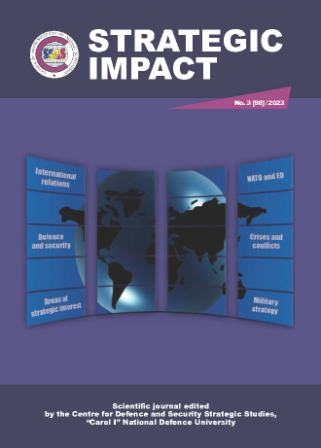
The review presents the 1st volume “Mapping Non-State Actors in International Relations”, printed in 2023 under the editorial guidance of Marianna Charountaki, Senior Lecturer in International Politics within the University of Lincoln, UK, and Daniela Irrera, Professor (Full) of Political Science and International Relations, School of Advanced Defence Studies within the University of Catania, Italy.
More...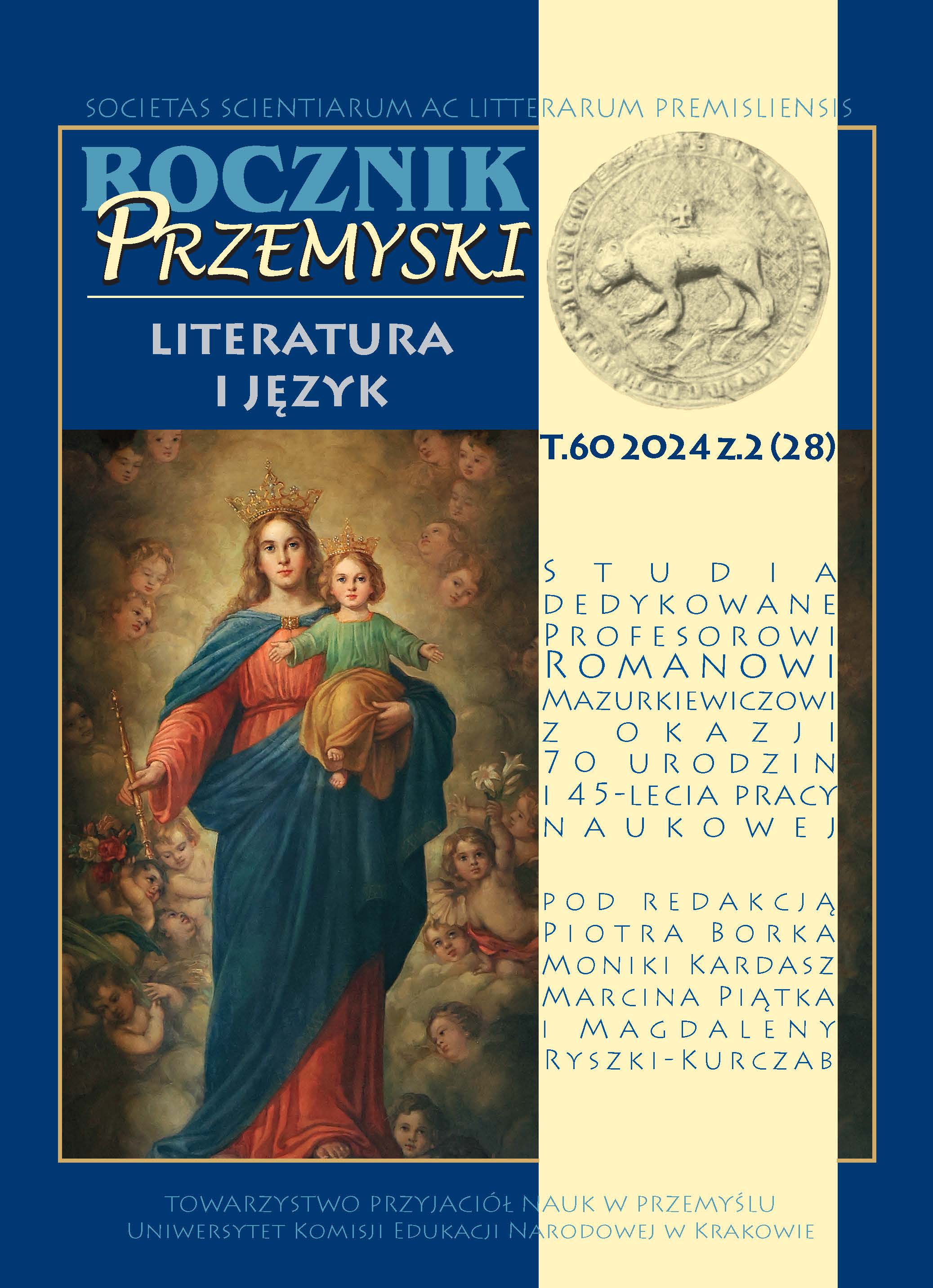
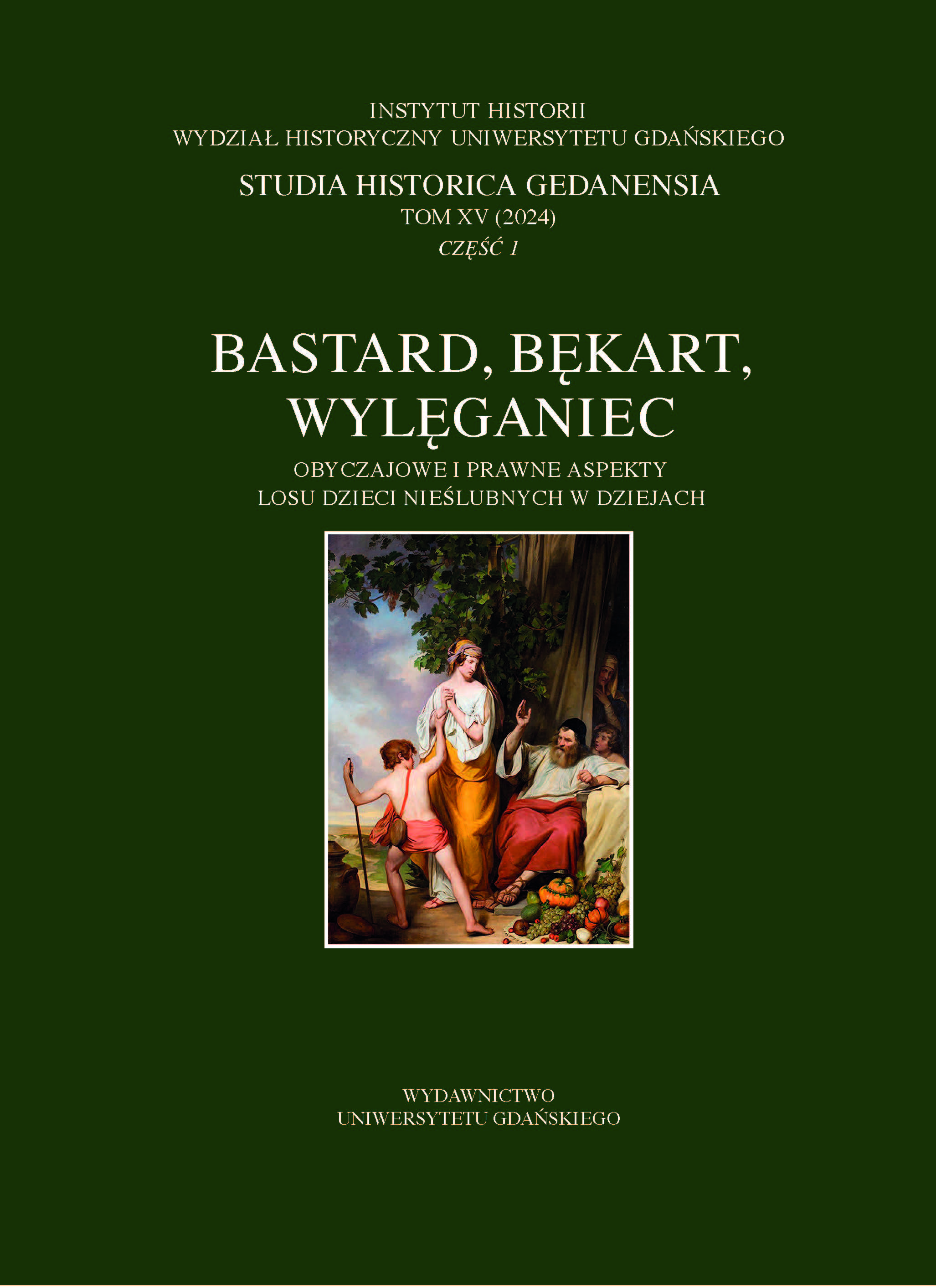
The work "Tax evasion between legality and crime" is structured in eight chapters, judiciously structured, in terms of information, but also in terms of dimensions, namely: Chapter I - "General notions of economic and financial crime"; Chapter II - "Tax evasion. Theoretical approach"; Chapter III - "Tax havens"; Chapter IV - "Tax evasion in Romania"; Chapter V - "Tax evasion and the European Union"; Chapter VI- "National and European bodies with powers to detect and combat tax evasion"; Chapter VII-"International tax evasion"; Chapter VIII-"Tax evasion and economic growth". The way in which the legal and economic dimensions of the same unique phenomenon - tax evasion - are combined is such as to make this work unique. "Tax evasion between legality and crime" is addressed to students, master's students and legal practitioners alike, offering the opportunity for useful and enjoyable reading.
More...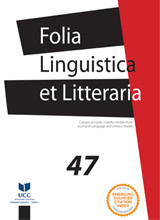
Review of: ТИГРАН СИМЯН: ЕРЕВАНСКИЙ ГОСУДАРСТАЕННЫЙ УНИВЕРСИТЕТ: СЕМИОТИКА ПРОСТРАНСТВА, ИНТЕЛЛЕКТУАЛЬНЫЙ ЛАНДШАФТ, СОЦИАЛЬНАЯ ПАМЯТЬ. ЕРЕВАН: ИЗДАТЕЛЬСТВО ЕГУ, 2021. – 102 С. ISBN: 978-5-8084-2488-3.
More...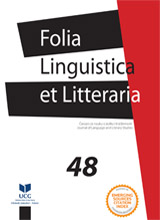
Review of: MIRJANA MIŠKOVIĆ-LUKOVIĆ, PRAGMATIKA. DRUGO IZDANJE. [PRAGMATICS. SECOND EDITION.] (KRAGUJEVAC: FILOLOŠKO-UMETNIČKI FAKULTET U KRAGUJEVCU, 2018, 165 PP.) [FACULTY OF PHILOLOGY AND ARTS, UNIVERSITY OF KRAGUJEVAC, 165 PP., ISBN 978-86-85991-75-2]
More...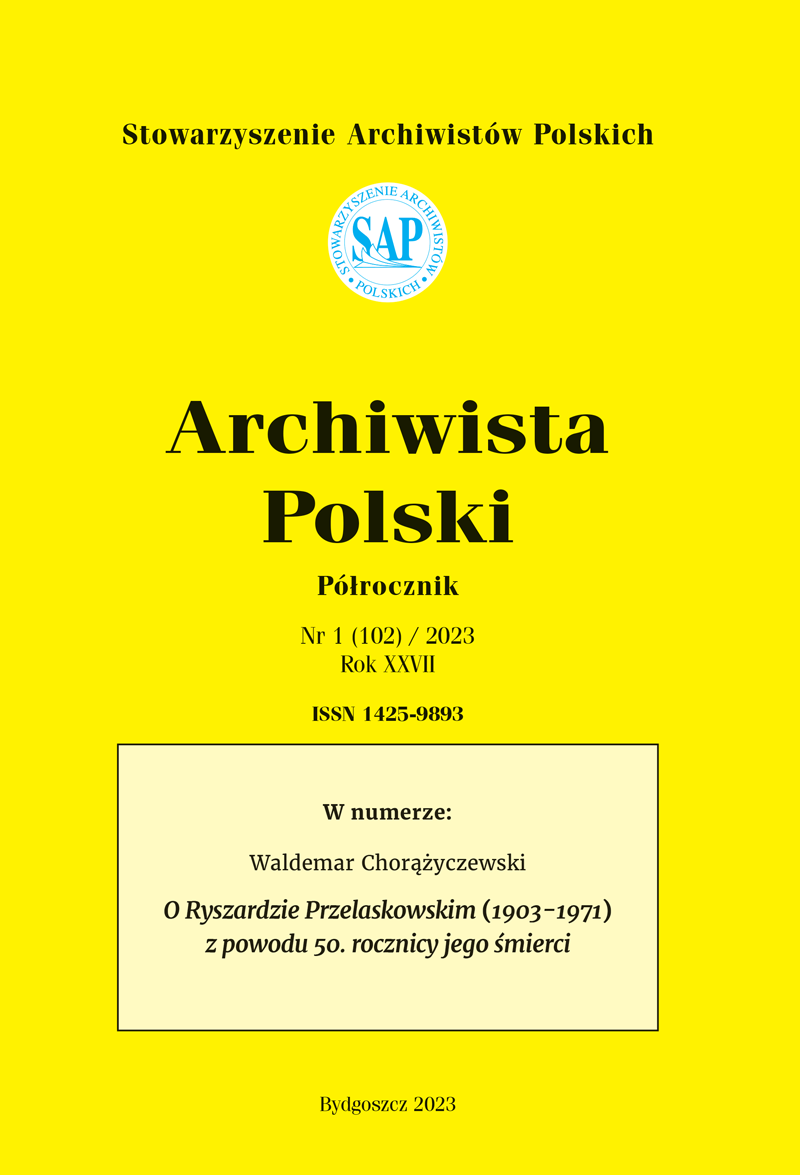
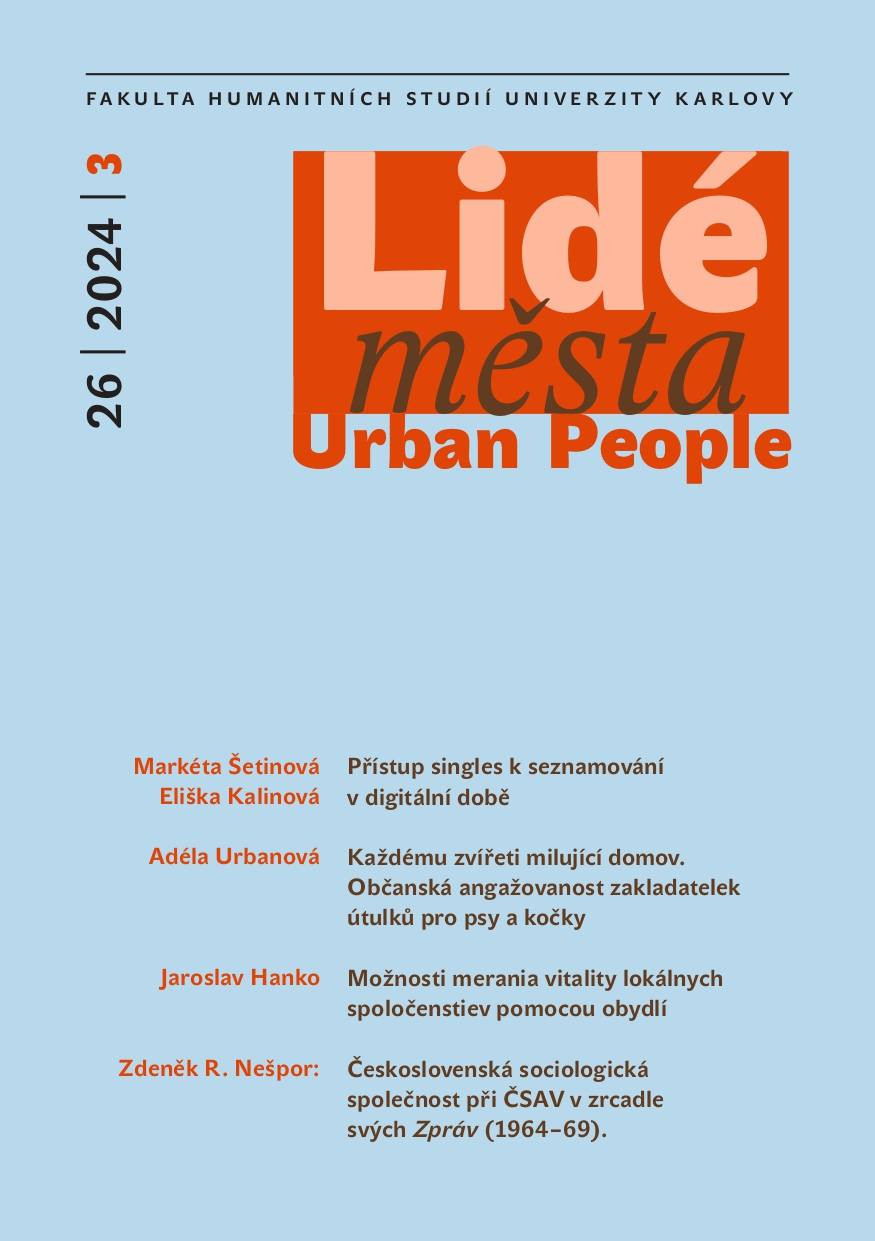
Review of: Blommaert, Jan. Jazyková krajina jako kronika komplexity: etnografický pohled na superdiverzifikovanou společnost. Translation: Kryštof Herold. First Czech edition. Praha: Univerzita Karlova, nakladatelství Karolinum, 2022. 137 pages. Lingvistika. ISBN 978-80-246-4845-3.
More...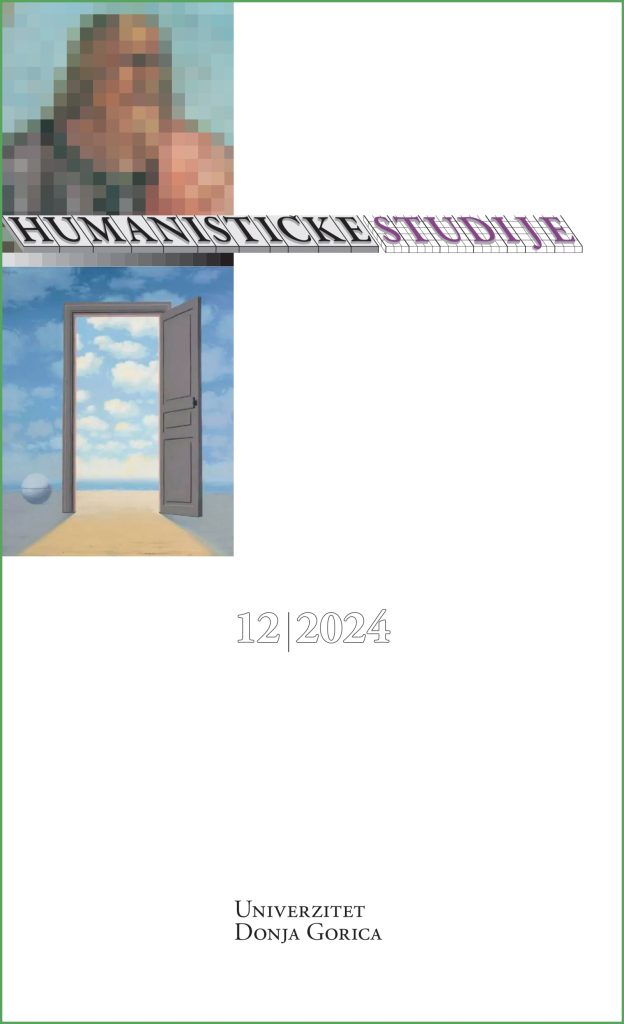
Jednostavnost i štedljivost prirode zahteva i oblikuje samo obične pojmove i nespretnu iskrenost kod ljudi; veštačka stega i raskoš građanskog stanja stvaraju dosetljive i umne ljude, a ponekad, međutim, i lude i prevarante, rađaju i mudar ili pristojan privid u kojem može pomanjkati i razuma i poštenja, samo ako je lepi veo kojim se pristojnost prostire preko tajanstvenih slabosti glave ili srca dovoljno istančano izatkan. Shodno napretku umeća, um i vrlina će konačno postati univerzalno geslo, ali na takav način da žudnja da se govori i o jednom i o drugom može valjano osloboditi učene i učtive osobe zamaranja sopstvenim imetkom.
More...